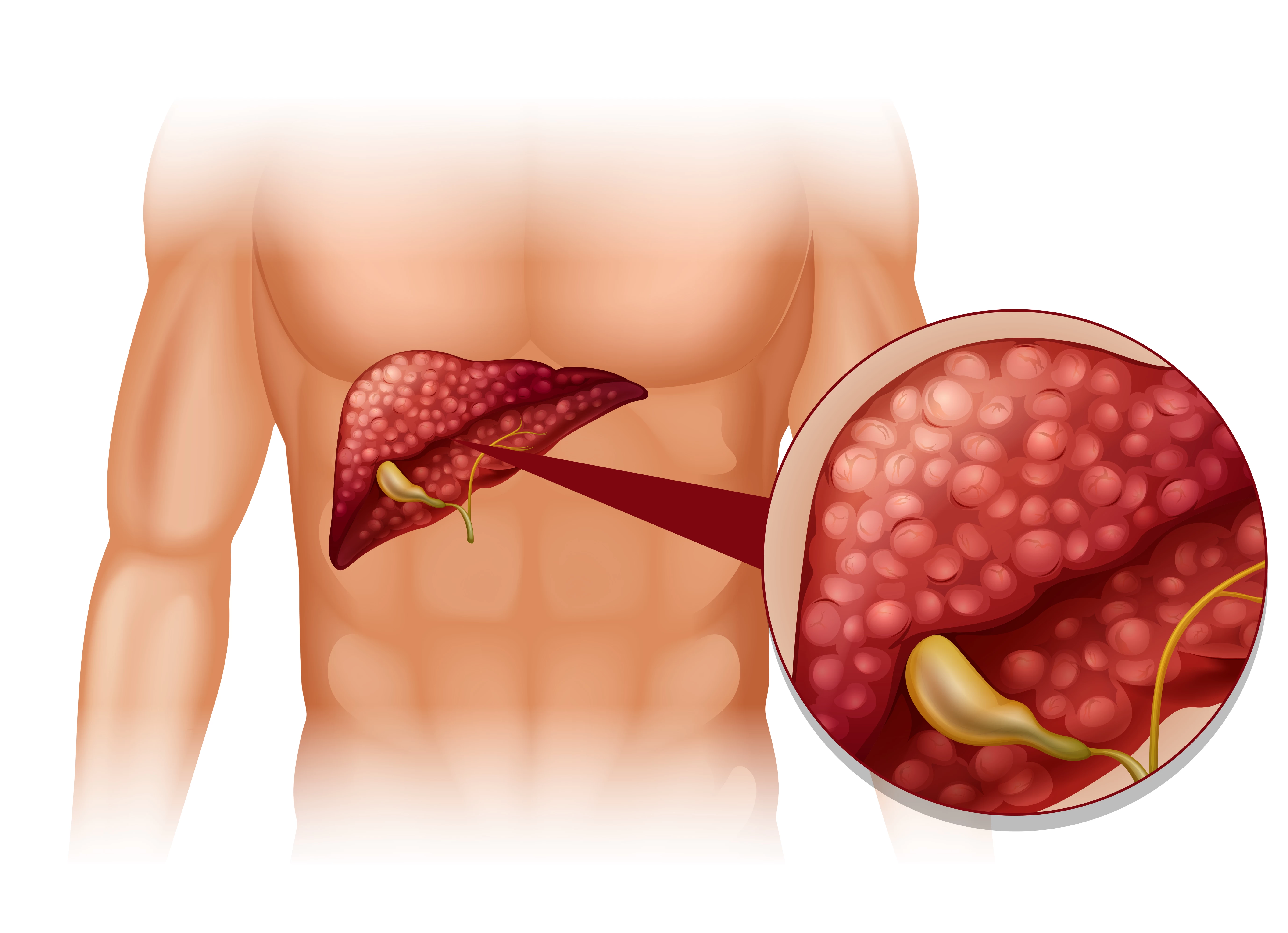
Gluten: Friend or Foe?
- Gluten: Friend or Foe?
- Is Gluten Friend or Foe?
- What is Gluten?
- Celiac Disease
- Non-Celiac Gluten Sensitivity
- Possible Symptoms
- How is Gluten Intolerance Diagnosed?
Is Gluten Friend or Foe?
Gluten has been one of the most controversial topics in recent years. While most scientific sources claim that gluten is safe for everyone except those with celiac disease, some argue that it can be harmful to varying degrees due to the inflammation it causes in the intestines. Nowadays, many people who strive for conscious eating avoid consuming gluten-containing foods. In fact, it is known that individuals who transition to a gluten-free diet often feel better, and those with digestive complaints benefit from a gluten-free diet. However, it cannot be claimed that gluten is entirely harmful because it is known to serve as a probiotic for the intestines in healthy individuals.
What is Gluten?
Gluten is a group of proteins found in grains such as wheat, barley, and rye. It is present in all processed foods made from these grains. Wheat products are the most commonly consumed ones. The most important gluten proteins are glutenin and gliadin. Gliadin protein is primarily responsible for the majority of negative effects on health. When flour is mixed with water, gluten proteins form a sticky texture. This property of gluten provides elasticity and the ability to rise when baked, giving bread and similar baked goods their characteristic structure. While most people tolerate gluten well, it can cause conditions such as celiac disease, gluten sensitivity, and wheat allergy in certain individuals.

Celiac Disease
Celiac disease is the most severe form of gluten sensitivity. It is a condition that affects approximately one out of every hundred individuals. Celiac disease is an autoimmune disorder in which the overly sensitive body treats gluten as a foreign invader. While the immune system attacks gluten, it also launches an assault on the lining of the intestinal canal. As a result of this attack, the intestinal wall becomes damaged. This damage leads to malabsorption issues and increased intestinal permeability. Affected individuals experience severe digestive problems such as nutritional deficiencies, anemia, bloating, and indigestion. These conditions ultimately increase the risk of developing various other diseases.
The most common symptoms of celiac disease include abdominal bloating, diarrhea, constipation, headaches, chronic fatigue, skin rashes, depression, weight loss, and foul-smelling stools. In some cases, symptoms such as fatigue and anemia may occur without prominent digestive symptoms, making it difficult to diagnose especially in individuals with celiac disease. As a result, approximately 80% of individuals with celiac disease continue to live with these complaints without receiving a diagnosis.
Non-Celiac Gluten Sensitivity
Non-celiac gluten sensitivity, also known as non-celiac gluten sensitivity, refers to individuals who experience adverse reactions to gluten even if the celiac test, which detects antibodies against gluten, comes back negative. It is estimated that approximately 13% of the population may have non-celiac gluten sensitivity. The symptoms of non-celiac gluten sensitivity can be similar to those of celiac disease. Although there is no definitive definition for non-celiac gluten sensitivity, a diagnosis can be made if the individual reacts to gluten but tests for celiac disease and allergies come back negative.
However, there are also experts who believe that non-celiac gluten sensitivity is not a real condition. Some experts suggest that the symptoms may be related to substances other than gluten or psychological factors. There are different opinions on this matter, and further research is needed.
Irritable Bowel Syndrome (IBS) is a common digestive disorder characterized by abdominal pain, cramping, bloating, gas, and alternating episodes of diarrhea and constipation. It is a chronic condition that can often be managed through dietary and lifestyle changes, as well as stress management.
While not all individuals with IBS experience benefits from a gluten-free diet, some individuals with IBS find relief by eliminating gluten from their diet. In the case of wheat allergy, consumption of gluten-containing products can trigger digestive issues. Wheat allergy affects about 1% of the population.
The adoption of a gluten-free diet has been shown to be beneficial for certain individuals in conditions such as schizophrenia, depression, autism, and gluten ataxia.
It's important to note that the effects of a gluten-free diet on these conditions can vary from person to person, and it is recommended to consult with a healthcare professional before making any significant dietary changes.
Possible Symptoms
- Bloating: Abdominal bloating is a significant symptom associated with gluten intolerance. It is one of the most common complaints in individuals with gluten intolerance and is also frequently seen in non-celiac gluten sensitivity.
- Diarrhea, Constipation, Foul-smelling Stools: Consumption of gluten-containing foods can cause damage to the intestines, leading to digestive problems such as diarrhea or constipation. Gluten can also cause digestive symptoms in sensitive individuals without celiac disease. In individuals with celiac disease, impaired absorption can result in symptoms such as pale and foul-smelling stools.
- Abdominal Pain: Abdominal pain is a common symptom that can occur due to various causes and is one of the most frequently reported symptoms of gluten intolerance. Over 80% of individuals with gluten intolerance experience mild to severe abdominal pain and discomfort after consuming gluten-containing foods.
- Headaches: Individuals with gluten intolerance may be more prone to migraine-type headaches. Headaches can be attributed to gluten intolerance when no other cause is found.
- Fatigue, Unexplained Weight Loss, and Anemia: Individuals sensitive to gluten often experience fatigue. Gluten intolerance can lead to fatigue and low energy levels due to iron deficiency. In individuals with celiac disease, weight loss may occur due to impaired nutrient absorption.
- Skin Problems: Dermatitis herpetiformis is a skin condition characterized by blisters and is a dermatological manifestation of celiac disease. Every individual with this condition is sensitive to gluten, although less than 10% of them exhibit digestive symptoms. Furthermore, improvement has been observed in many severe skin conditions that do not respond to treatment when switching to a gluten-free diet. These conditions include psoriasis, certain types of hair loss, and chronic urticaria (hives).
- Depression, Anxiety, and Panic Attacks: Some theories suggest that gluten intolerance may contribute to the development of depression, and this is partly associated with decreased serotonin levels. Additionally, the decrease in beneficial gut bacteria and the increase in harmful bacteria can impact the central nervous system, increasing the risk of depression. Mental disorders such as anxiety and panic attacks may also be more common in individuals with gluten sensitivity.
- Joint and Muscle Pain, Numbness in Arms and Legs: Individuals with gluten intolerance may frequently experience joint and muscle pain. This condition is associated with an oversensitive nervous system. Furthermore, neuropathy, which is considered an interesting symptom of gluten intolerance, can manifest as numbness or tingling in the arms and legs. These symptoms are linked to the presence of specific antibodies associated with gluten intolerance.
- Brain Fog: Individuals with gluten intolerance may experience a sense of mental fog, characterized by difficulty in clear thinking, confusion, and forgetfulness.
How is Gluten Intolerance Diagnosed?
Digestive system-related symptoms are the most common indicators of gluten intolerance. Anemia or difficulty in gaining weight may be observed. First and foremost, it is necessary to consult with your doctor and undergo tests related to the diagnosis of celiac disease. There are primarily two ways to diagnose celiac disease: Blood Tests and Tissue Biopsy.
Blood tests scan for antibodies associated with the disease. The most commonly performed tests are anti-tissue transglutaminase IgA and anti-gliadin IgA tests. If the results of these tests are positive, a tissue biopsy is usually recommended to confirm the diagnosis. During a tissue biopsy, a small tissue sample is taken from the small intestine using an endoscopic procedure. The sample is then examined pathologically to determine the presence or absence of intestinal damage related to gluten intolerance.
Other tests are available for diagnosing gluten intolerance, but there is currently no definitive test for non-celiac gluten intolerance. Therefore, if your symptoms suggest gluten intolerance, it is important to consult with a healthcare professional and undergo the necessary tests.
If you have symptoms that suggest celiac disease, it is important to consult with your doctor before starting a gluten-free diet. This will help facilitate obtaining an accurate diagnosis.
If you do not have celiac disease and want to determine if you have gluten sensitivity, the best approach is to observe whether your symptoms improve or resolve after following a gluten-free diet for a few weeks. Afterwards, if your symptoms reappear or worsen upon reintroducing gluten-containing foods, it may indicate a sensitivity to gluten. However, if no such pattern is observed, it should be considered that factors other than gluten might be causing the symptoms.
Here are some gluten-free foods that are naturally free of gluten in their original state:
- Corn
- Rice
- Quinoa
- Chia seeds
- Flaxseeds
- Carob
- Teff
- Millet
- Buckwheat
- Amaranth
- Oats (while oats may be naturally gluten-free, they can be cross-contaminated with gluten)
There are many healthy food items that are naturally free of gluten in their original state:
- Meat and seafood
- Eggs
- Dairy products
- Fruits
- Vegetables
- Legumes
- Nuts
- Tubers and root vegetables
- Oils
As a general rule, it is better to choose naturally gluten-free products over processed gluten-free products. However, it is important to note that just because a product is labeled "gluten-free" or "does not contain gluten" does not automatically mean it is healthy and natural. Especially in processed foods, they may be gluten-free but have low nutritional value and contain additional ingredients such as sugar, high calories, and additives. Therefore, developing the habit of reading labels and opting for natural and healthy foods is important.
In conclusion, if you have any digestive complaints, chronic fatigue symptoms, unexplained weight loss, muscle, and joint pain, and if some of your previous test results have consistently been low, it is advisable to be checked for gluten sensitivity or celiac disease.





